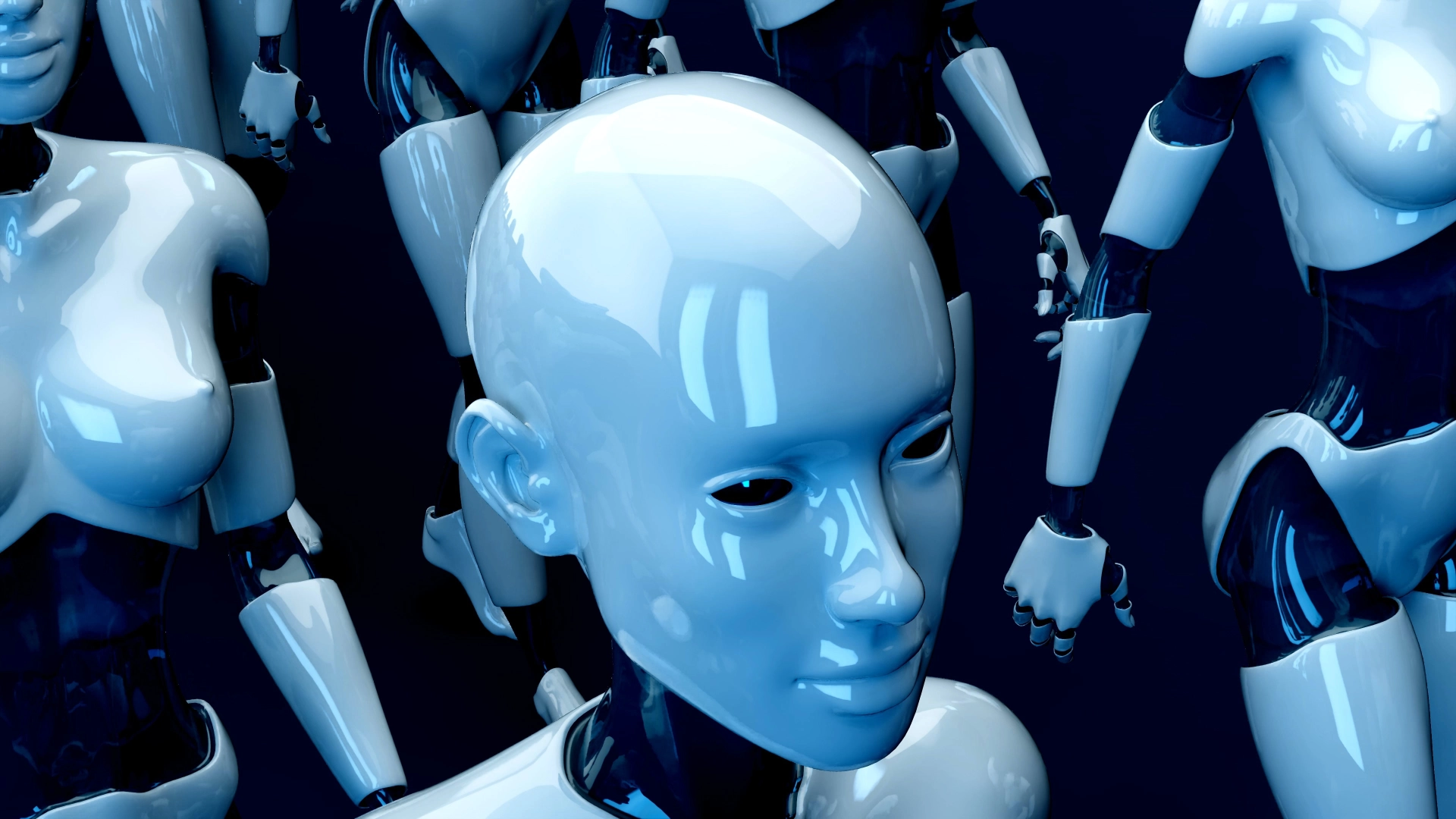Artificial intelligence in the education sector: opportunities and challenges
Artificial intelligence (AI) has also long since found its way into the education sector and is expected to fundamentally change teaching and learning processes.
But what opportunities are there for the use of AI in education?
And what challenges does this trend bring with it?
Introduction of AI in education
The application of AI in education is based on a wide range of technologies – such as personalized learning systems or automated application tools.
The promise of these applications: Making learning processes more efficient and individualized.
Thanks to data-driven approaches and machine learning, educational institutions should be able to better understand and take into account the needs of each individual student.
Personalized learning experiences
One of the key benefits of AI in education is the ability to create personalized learning experiences.
Algorithms can adapt learning content to the level of knowledge and learning speed of each student.
This makes learning more efficient and motivating.
For example, AI-supported platforms can monitor the progress of all students in detail.
This allows individual learning paths to be adapted accordingly and gaps in knowledge to be closed in a targeted manner.
More time for pupils
Teachers can make their work much more efficient by using AI in education.
Time can be saved, for example, with automated assessment systems that quickly and objectively determine learning progress based on routine tests and tasks.
AI tools can also help to optimize lesson plans and adapt teaching materials based on student performance data.
This frees up valuable time for teachers to focus more on teaching complex concepts and providing personalized support to students.
Accessibility and inclusion
AI technologies have the potential to make education more accessible and inclusive.
Language recognition and translation tools can overcome language barriers and open up learning content for non-native speakers.
Similarly, applications can provide tailored support for students with special learning needs.
In this way, AI can contribute to a fairer educational landscape.
Challenges and ethical concerns
Despite all the potential benefits of AI, its use in education also poses specific challenges.
First and foremost, data protection and the security of student data must be discussed.
Possible biases in AI algorithms can also lead to unfair treatment of individual pupils.
In order to actually seize the opportunities offered by AI technology and minimize the risks, it is essential that teachers receive sufficient training.
Conclusion
AI in education offers exciting development opportunities, but also serious challenges.
It has the potential to personalize learning experiences and make education more accessible and fairer.
At the same time, issues such as data protection, ethics and teacher training must not take a back seat.
The future of education could undergo a decisive change as a result of AI.
Ideally in a well thought-out and responsible way.



